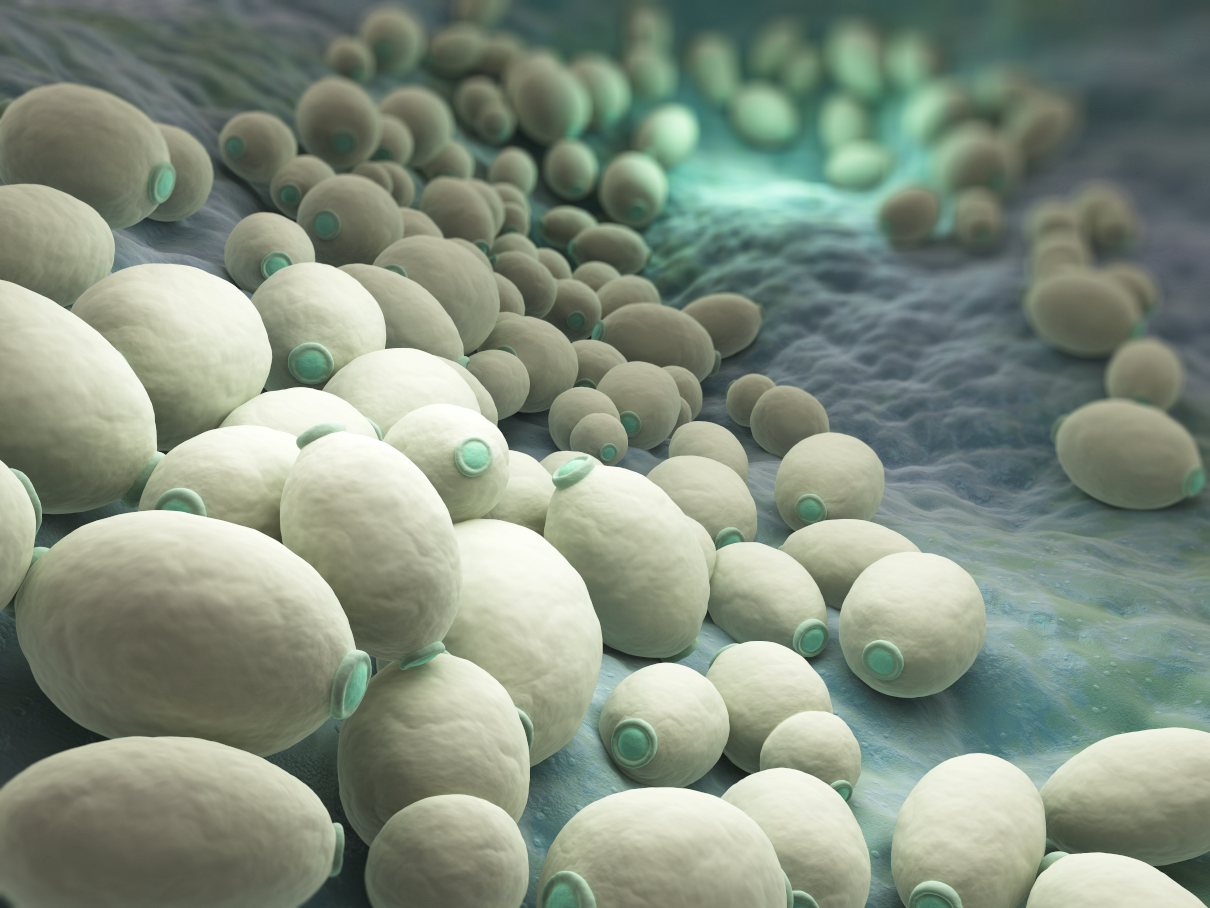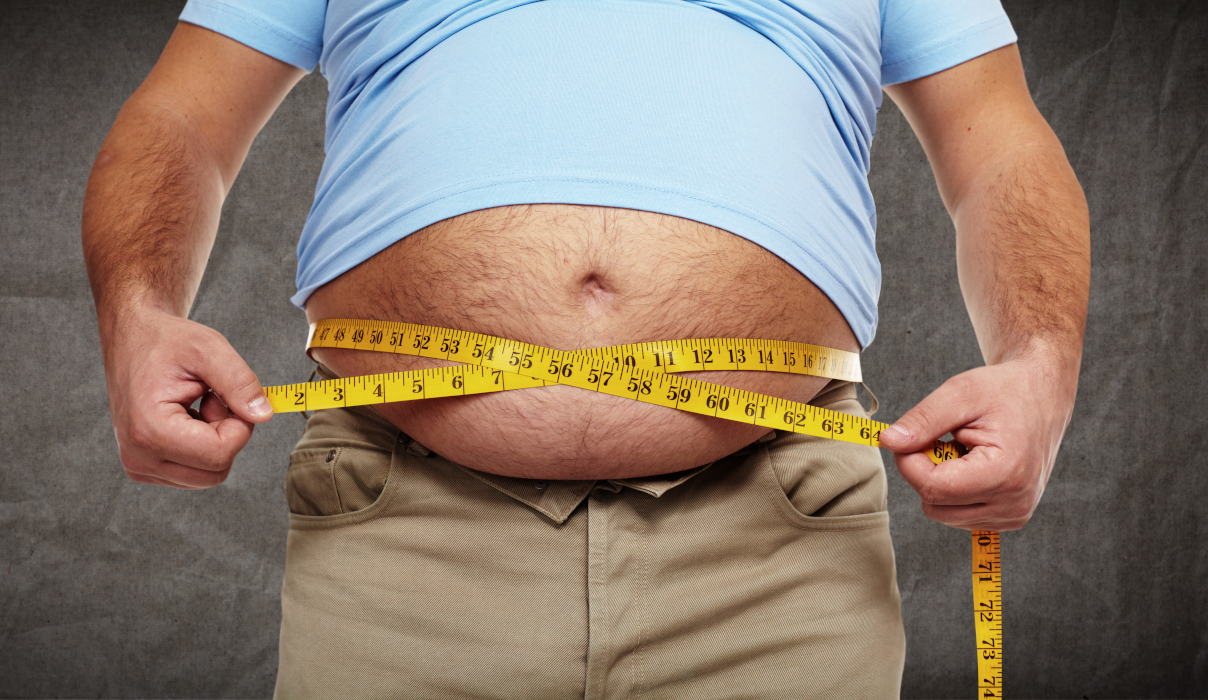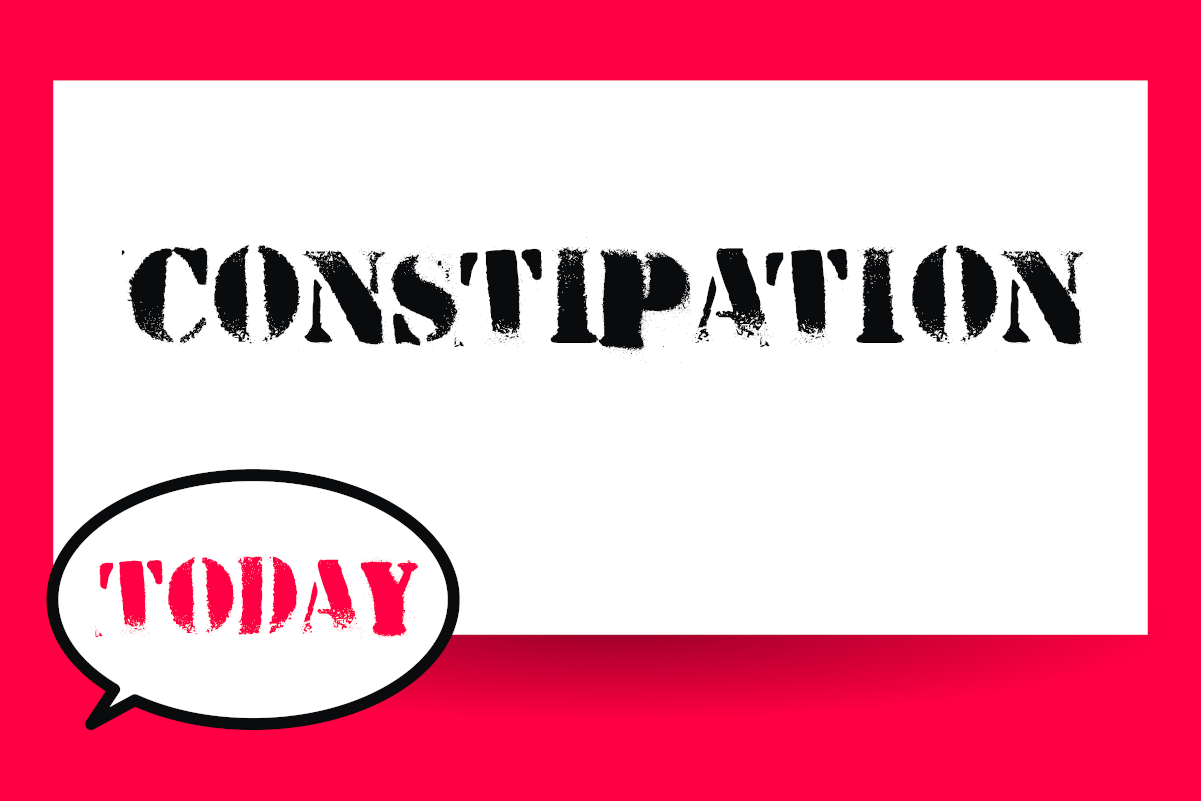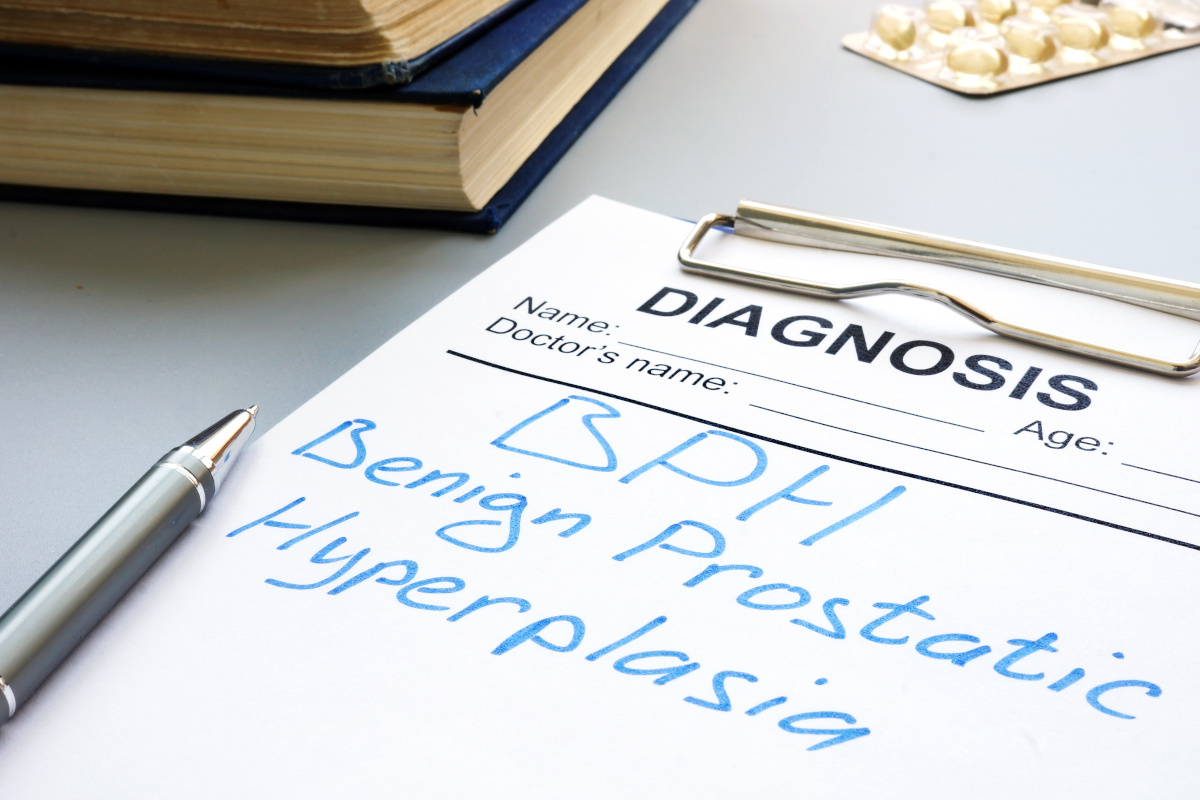
Joshua Heinemann, the sixty-six-year-old chief executive officer for Virginia Chemicals Corporation of Chesapeake, Virginia, suffered severely from prostate gland enlargement (benign prostatic hyperplasia or BPH). For four years, the man’s symptoms had been building steadily. And, now, they were affecting his ability to manage in his administrative position. The executive’s nighttime urinary urgency (nocturia) came with such frequency Mr Heinermann found himself perpetually fatigued during daytime business meetings. His sleep needed to lay on him like a blanket, and he felt encased his mind in cotton batting. Any capability for him to make vital decisions on behalf of his corporation became almost nonexistent. The CEO finally consulted a urologist in his city to confront the problem.
In practice for over sixty years as a specialist in solving urological problems for both men and women, Emil S. Sayegh, MD, of Chesapeake, Virginia, is eighty-eight. Over the six decades of his medical practice, Dr Sayegh has been consulted by many male clients who have sought help correcting BPH and prostatitis.

Anti-candida Mini Detox – three colonics with bicarbonate of soda
The Anti-candida mini detox involves a concentrated series of three colonics infused with bicarbonate of soda, ideally scheduled once weekly. This regimen serves as a potent initiation into a detoxifying cleansing routine, setting the pace for rejuvenation.
Benign prostatic hyperplasia correlates to weak abdominal muscles.
“These two common medical difficulties are closely associated with having weak abdominal muscles,” explains the board-certified urologist. “Those men possessing flaccid and weak abdominal muscles experience enormous pressures on their bladders, which never let up. The supportive muscles and other erectile tissues surrounding the bladder fail to do the jobs required. The pressure of the bladder’s rectal sigmoid may be severe. Therefore, any amount of stool in that area will make it very difficult to pass urine. Whether urine is present or not, the need for these men to void becomes overwhelming.”
During the past fifteen years, Dr Sayegh has used colonic irrigation. As a result, it solves his patients’ two particular prostate pathologies almost every time. “Cleaning the colon assists the functioning of the pathological male bladder and prostate organs. Colonic irrigation given to involved men at two-week intervals three times to start and then maintained every four weeks for an unlimited period does solve prostatitis and benign prostatic hyperplasia,” states Emil S Sayegh, MD. “From my files, I can offer up several hundred case studies which testify to that fact.”

Boyzone waxing including back, sac and crack
Modern hair removal methods allow a man to eliminate unwanted hairiness in intimate areas for up to three weeks. Our specialists have all the necessary skills and perform bikini waxing for men quickly, efficiently and safely in our London clinic.
Cancer patients improve from receiving colon treatment.
“I have found over the years that cancer patients who are not doing well usually are toxic and do not clean the intestines. They certainly need colonic irrigation,” advises oncologist and homoeopath Douglas Brodie, MD, of Reno, Nevada. Dr Brodie has developed CAM methods for treating cancer and other degenerative diseases to strengthen the immune system. He emphasizes natural and humane approaches to these conditions, with colonic irrigation among them.
“I recommend that most cancer patients take colon hydrotherapy or ‘colonic irrigation’. As a result, they often improve by having such treatment. In particular, liver cancer benefits from colonic irrigation, but any internal tumours show effectual change too,” Dr Brodie says. “It’s better than an enema, a lower bowel cleanse. In other words, a colonic is a thorough cleansing of the entire bowel. It’s similar to comparing the diagnostic efficacy of a sigmoidoscopy of the short end of the bowel to a colonoscopy, which takes in the whole bowel. An enema only goes so far. Colonic irrigation is the best cleansing and detoxifier for the gastrointestinal tract that anybody would want. I do promote its use.”
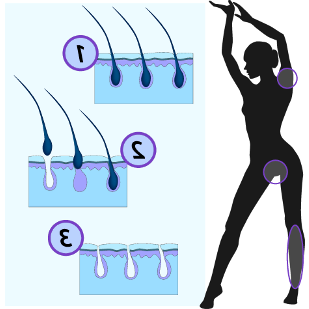
Full arms with hands and fingers waxing
Experience the benefits of natural, gentle hair removal with Parkland Natural Health’s Brazilian waxing treatments. Full arm waxing usually removes hairs from the wrist to the elbow and up to the shoulder. This hair removal session lasts thirty minutes.







